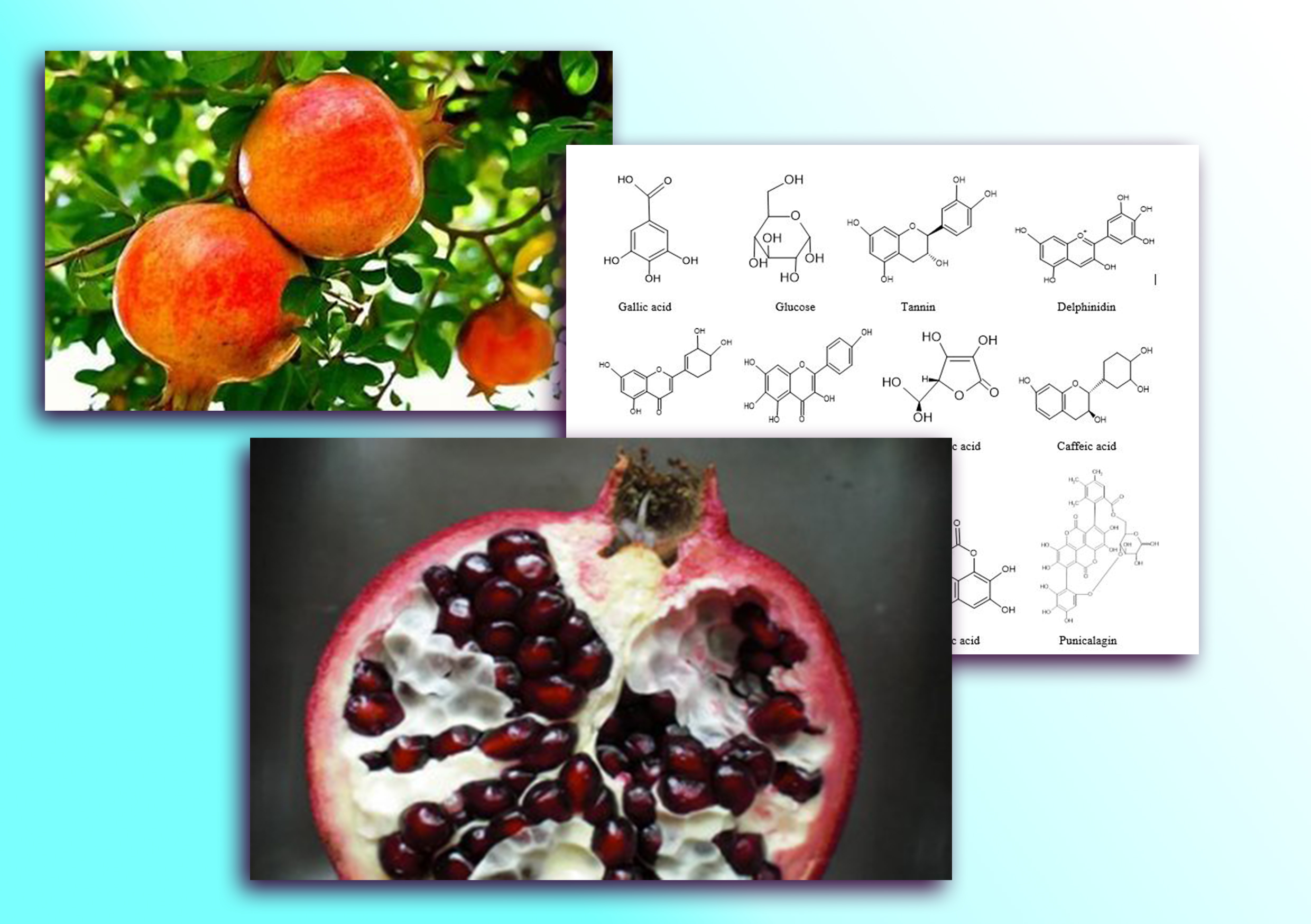Pomegranate (Punica granatum) as a Promising Hypoglycaemic Agent: A Mini Review
##plugins.themes.academic_pro.article.main##
Abstract
Diabetes mellites (DM) is a chronic metabolic disorder that is caused due to elevated glucose levels which leads to cause most severe effects on the heart, blood vessels, kidneys, eyes, and nerves as complications. Type 1 diabetes mellites is an autoimmune condition caused due to the autoimmune destruction of pancreatic cells. Whereas type 2 DM is mainly caused by insulin resistance. Patients with type 2 DM rely on hypoglycaemic drugs to reduce blood glucose level, which leads to several complications such as hypoglycaemia, weight loss, sleepiness, pain in urination etc. Therefore, research focused on the bioactive compounds present in plant extracts to treat diabetes as long-term use of synthetic drugs may cause side effects. Punica garantum (pomegranate) is a plant rich with many medicinal values in indigenous medicine and western medicine. Bioactive compounds present in the juice of the pomegranate fruit such as flavonoids, polyphenols, and other antioxidants help to treat hyperglycaemia and its complications. Therefore, the present review mainly aims how Punica granatum aids blood glucose reduction in diabetes and its complications.
Keywords: Diabetes mellitus, Punica granatum, Alpha-amylase, Alpha-glucosidase, Hyperglycaemia

